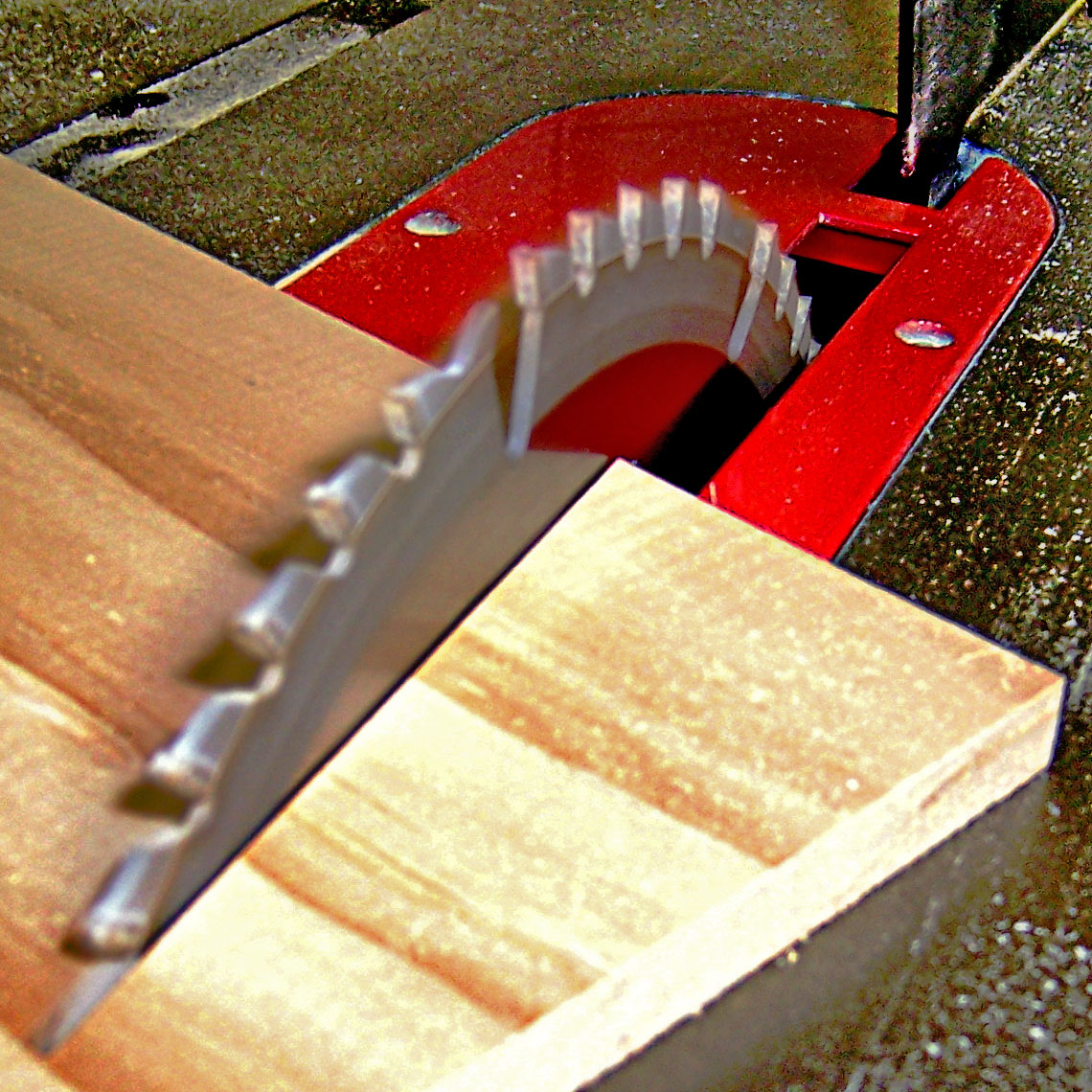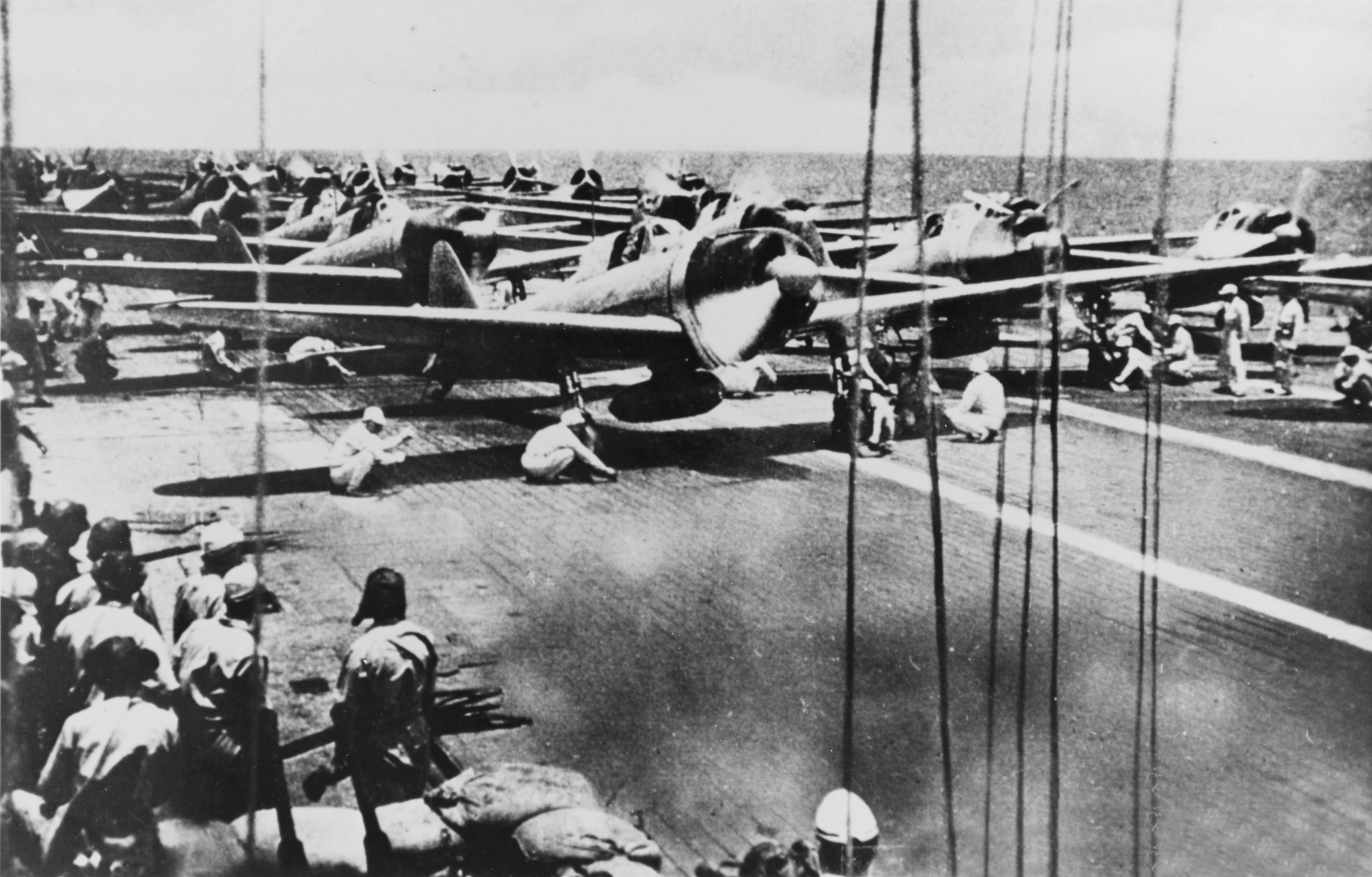 For the past month, I have been cutting wood with a table saw, a jigsaw, and a compound miter-box saw. I’m a competent if not expert carpenter. So in this age of high prices for materials, I decided that wooden weather-board siding made at home would be cost-effective and beautiful for a porch we turned into a three-season room.
For the past month, I have been cutting wood with a table saw, a jigsaw, and a compound miter-box saw. I’m a competent if not expert carpenter. So in this age of high prices for materials, I decided that wooden weather-board siding made at home would be cost-effective and beautiful for a porch we turned into a three-season room.
This sounds like my blog about rural life, Tractorpunk, but I’m not going to focus on DIY here, fun though it is. I’m going to focus on a concept and word that merit wider use.
As the photo (thanks, Wikipedia) indicates, a saw-blade removes material as it moves through wood. In carpentry we call that the “kerf” and if one saws hundreds of boards, as I have done, the kerf adds up in big piles of sawdust.
Do readers see the potential for a new metaphor here, one as fresh as the smell of sawdust and far better than that once-wonderful cliche “death by a thousand paper-cuts”?
The OED entry on our word traces it to Old English cyrf, as well as Old Norse a current Icelandic terms; in Iceland a kerfi is a bundle of twigs. All the words refer to a cut, the act of making one, or the result.
If kerf becomes more widely used, I’d use it this way: what gets lost when cuts get made? Thus: “Remind Mister Horrible that laying off these recently hired workers may appear wise, but the long-term kerf will be bad for our bottom line.”
What do you think about kerfs and kerfing? How might this word enjoy wider usage without your losing a finger in a table saw? Seriously. Use new words widely, but don’t use any of the tools I mentioned without a mentor. We cannot fix those kerfs.
Do you have a word or metaphor for this blog? Send them to me by e-mail (jessid -at- richmond -dot- edu) or leaving a comment below.
